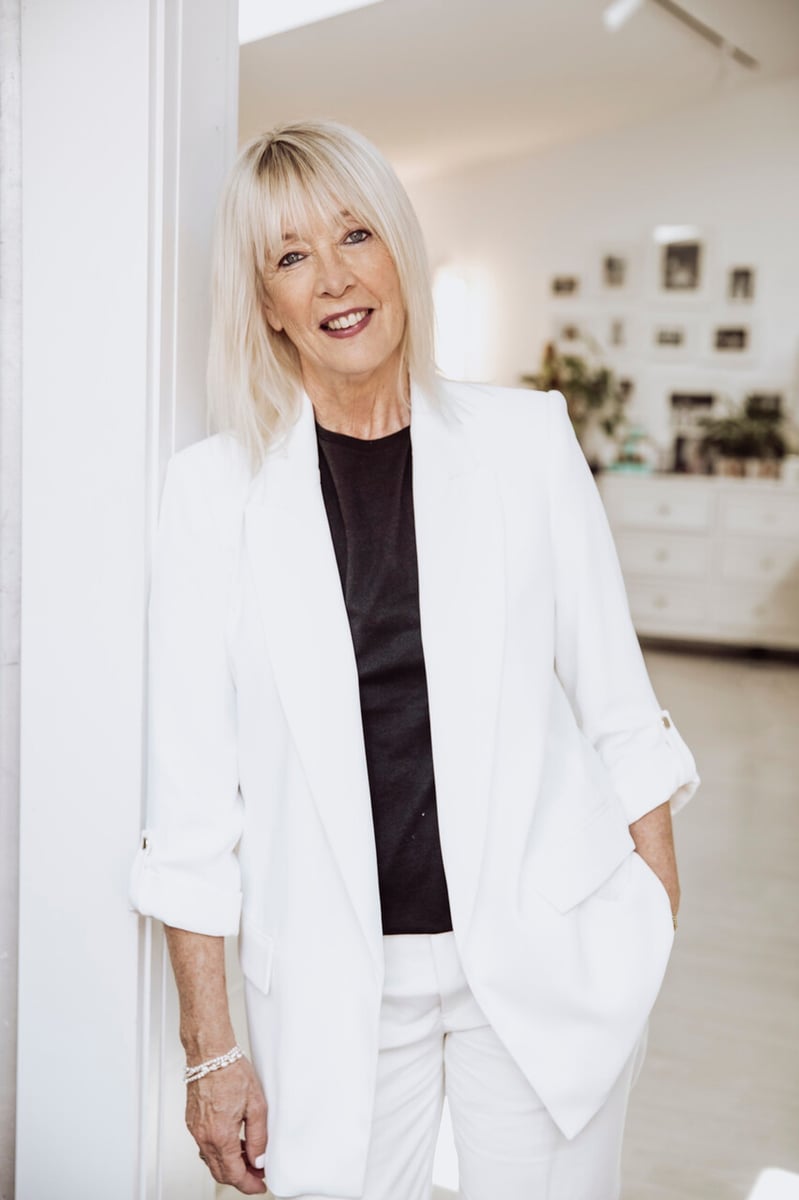
If you want to support independent women's media, become a Mamamia subscriber. Get an all-access pass to everything we make, including exclusive podcasts, articles, videos and our exercise app, MOVE.
Talking about suicide with children often makes parents feel anxious. However, we have a responsibility to have an open and supportive conversation with them, to provide them with facts, to answer their questions honestly, to follow up with them and offer open lines of communication.
Why? Because the research tells us that there is a global increase in teenage suicide.
There is a misconception that discussing suicide might encourage someone to consider it. As a result, many parents believe that avoiding the topic will prevent their children from learning about it. Both of these beliefs are incorrect.
Firstly, all evidence indicates that talking openly about suicide is a healthy way to understand it. The more we discuss it, the more aware we become, the better informed we are, and we can help reduce the stigma surrounding it.
Watch: An explanation of depression and how to recognise its signs in others. Post continues below.





























































































